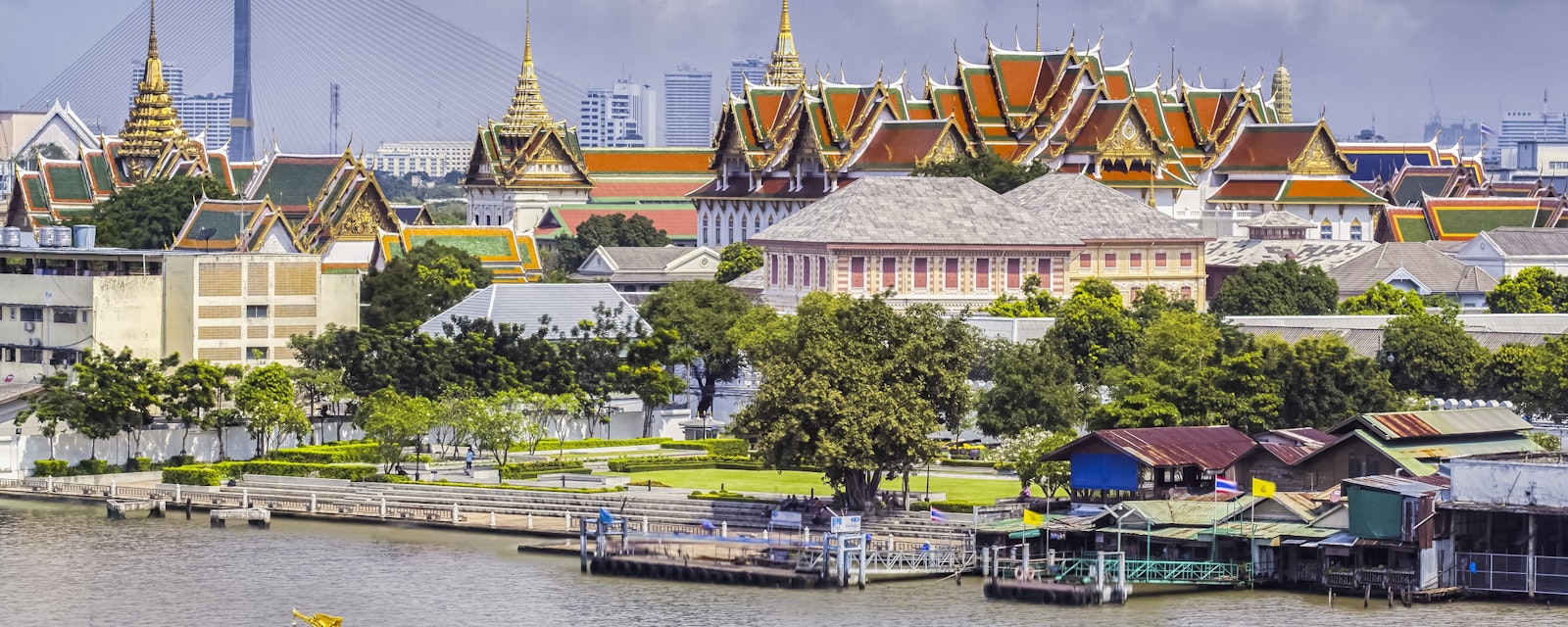Welcome to this edition of the Weekly Political Compass from Teneo’s political risk advisory team!
This week, we are taking a closer look at Thailand’s next prime minister. Meanwhile, mainland China issued a modest response to a trip to Washington by Taiwan's vice president, consultations will begin about Spanish government formation, and the first round of presidential elections was held in Ecuador. Our graph of the week zooms in on electoral support for the far right in Europe.
Global Snapshot
With the support of two military-linked parties, Sretta Thavisin, the nominee of former prime minister Thaksin Shinawatra’s For Thais (PT) party is expected to be voted in as Thailand’s next prime minister. Our Southeast Asia expert Bob Herrera-Lim examines the outlook.
Is there a risk of social unrest?
The latest developments are expected to sour relations between PT and the Move Forward Party (MFP), which will now become the opposition. In the meantime, there may be some demonstrations this week by MFP and disgruntled PT supporters. However, it is unlikely that these will escalate into destabilizing protests. Still, a recent survey showing significant popular dissatisfaction with the new coalition means that there will be the continuous risk of demonstrations on issues related to constitutional change and the monarchy.
Which other signposts should be watched?
Also possibly taking place tomorrow is Thaksin’s return from 15 years in self-exile. With jail time hanging over his head, the former PM is expected to be taken into custody, but a deal for a royal pardon is likely in the works. Thaksin could provide the rallying point for popular support for a PT government, and a distraction to parliamentary politics.
What to Watch
ASIA PACIFIC
Japan
August consumer price data for the Tokyo metropolitan region will be released on 25 August; the data is a leading indicator for that month’s national inflation data. Japan’s core CPI (excluding fresh food) in July fell 0.2 percentage points on the month to 3.1%, with government energy subsidies contributing to the deceleration. However, core CPI (excluding both fresh food and energy) rose 0.1pp on the month to 4.3% in July, well above the Bank of Japan’s 2% target. Speculation continues as to when the central bank will raise interest rates.
Mainland China/Taiwan
The People's Liberation Army held military exercises around Taiwan on 19 August, a day after Taiwanese vice president William Lai returned from a trip to the US, but the exercises were far smaller than previous war games in April and August. Lai stopped over in the US on his way to and from Paraguay but did not meet any US officials or lawmakers, as both Taipei and Washington sought to minimize provocations.
EUROPE
Latvia
After meeting the representatives of all parliamentary parties on 21-22 August, President Edgars Rinkevics (New Unity, JV) is expected to invite acting Minister of Welfare Evika Silina (JV) to form a new government. The largest parliamentary party JV appears to have reached a preliminary cooperation agreement with the center-left Progressives (PRO) and the Union of Greens and Farmers (ZZS), which together have 52 out of 100 parliamentary mandates. However, Silina prefers a wide coalition and does not rule out cooperation also with the conservative National Alliance (NA) and the United List (AS) alliance of regional parties. Regardless of the exact composition of the new coalition government, a JV-led cabinet would likely bring continuity in most policy areas, with national security and socio-economic welfare being the top priorities.
Spain
King Felipe VI will start a round of consultations with the leaders of political parties on 21 August to propose a candidate to become prime minister; he is expected to communicate a decision on the matter in the evening of 22 August. The king might also decide that more time is needed for a potential candidate to gather enough support from parliament to win an investiture vote. At this stage, neither Alberto Nunez Feijoo from the center-right People's Party (PP) nor Pedro Sanchez from the Socialist Workers’ Party (PSOE) have secured a deal with other parties to be appointed prime minister. However, Sanchez is currently better placed than Feijoo to obtain the backing of the Congress of Deputies, especially after the socialist candidate to become speaker of the house obtained the endorsement of Catalan secessionist parties last week.
LATIN AMERICA
Brazil
President Luiz Inacio Lula da Silva will go to Africa this week as Congress attempts to vote on a fiscal framework. Lula will be away during a week when House Speaker may concede on pushing forward the final vote on a fiscal framework for curbing spending and putting the economy back on a sustainable track despite lack of progress in a mini cabinet reshuffle. The vote could occur as early as Tuesday, 21 August. In Africa, Lula will take part in the 15th Summit of BRICS Heads of State until 24 August and then move on to Angola and São Tomé and Principe for a Summit of the nine-country Community of Portuguese Language Countries (CPLP).
Ecuador
Based on 85.5% of ballots tallied following the first round of the presidential vote held yesterday, 20 August, Luisa Gonzalez who is running for former president Rafael Correa (2007-2017)’s Citizen Revolution (RC) party, won 33.1% of the vote. Daniel Noboa, the candidate for the Democratic National Action (ADN) alliance, surprisingly won second place with 23.9% of the vote. Noboa, who ran on a centrist, business-friendly platform, is the son of the banana magnate and serial presidential contender Alvaro Noboa. He appears to have caught voters’ desire for a fresh face. Noboa may also have emerged from last week’s TV debate less bruised than his rivals. Fuller results should become available over the coming days, though it is clear that Gonzalez and Noboa will contest a run-off vote scheduled for 15 October.




